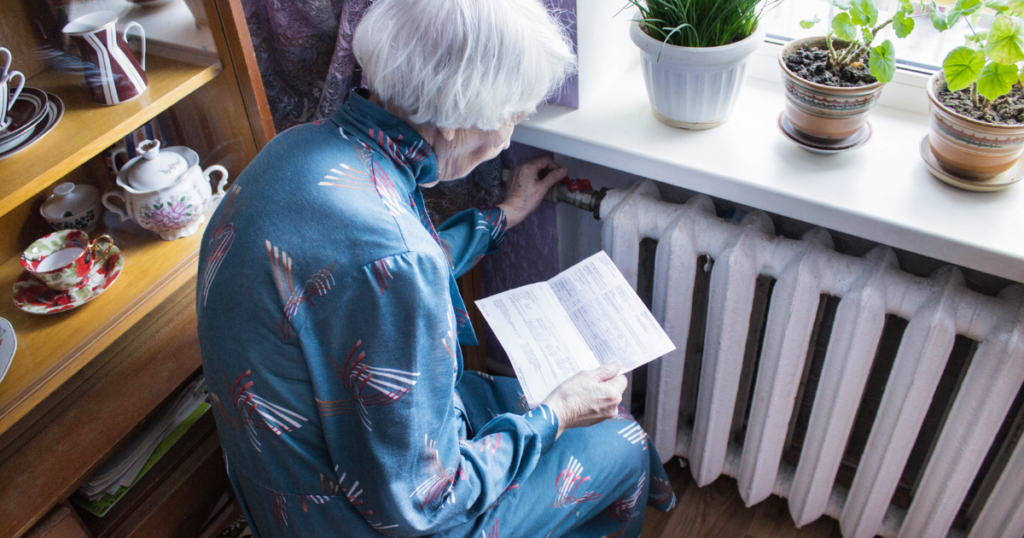Maine lawmakers are currently considering a $440 million proposal to provide emergency heating and housing relief this winter, according to a draft obtained by the Bangor Daily News. This plan contains several programs to address rising heating costs and an acute risk of homelessness, including many New Mainers currently in temporary accommodations. And while the package would go a long way to addressing real hardship in Maine this winter, it could be improved to provide an even bigger benefit to Mainers who need it most.
The largest piece of the package is $370 million set aside to issue checks to Mainers ($450 per adult). While the eligibility for these checks would be narrower than the thresholds for the $850 checks issued earlier this year, they would still be sent to around 824,000 people, or approximately three in four adults. And while all Mainers are experiencing the pinch from an increase in heating oil prices this winter, people with lower income are much more likely to face severe impacts, such as not being able to heat their home at all or keeping the thermostat dangerously low.
Data from the US Census Bureau’s Household Pulse Survey shows heating hardship in Maine is especially concentrated among Mainers with low income. For example, single adults earning under $25,000 a year and married couples earning under $50,000 a year were three or four times as likely to forfeit other necessities in order to afford heating bills in the past year than Mainers with higher earnings.
Republicans in the state legislature have said they wish to increase the income eligibility threshold for the checks from the $75,000 single/$150,000 married limit proposed by Governor Mills. This would be a mistake. For example, increasing the income eligibility to $100,000 for a single filer and $200,000 for married filers — more than twice the median income for either filing status —would cost $27 million to send checks to approximately 60,000 adults. Among this income group, one in ten or less reported suffering heating hardships in the household pulse survey. Unless Republicans are willing to allocate more dollars to the program, increasing the income eligibility would result in smaller checks for people most in need.
By contrast, reducing the income threshold for receiving the checks would free up money that could be directed toward more emergency housing relief, issuing larger checks to the remaining recipients, or funding future programs in the upcoming legislature. Reducing the income eligibility limit to $50,000 for a single filer and $100,000 for a married couple would free up almost $50 million dollars which could be used to increase the check size for the most vulnerable Mainers or support other urgent needs such as housing. According to the household pulse survey, the great majority of these 110,000 adults did not experience a heating hardship in the past year, and they are much more likely to have the savings to weather this year’s higher heating costs than their less fortunate neighbors.
Governor Mills is right to want to avert disaster for many Maine families this winter by passing a large aid package early in the legislative session. To make her proposal even stronger, Maine Center for Economic Policy urges lawmakers to target that aid to people who are the most vulnerable, where it can make the biggest difference.




